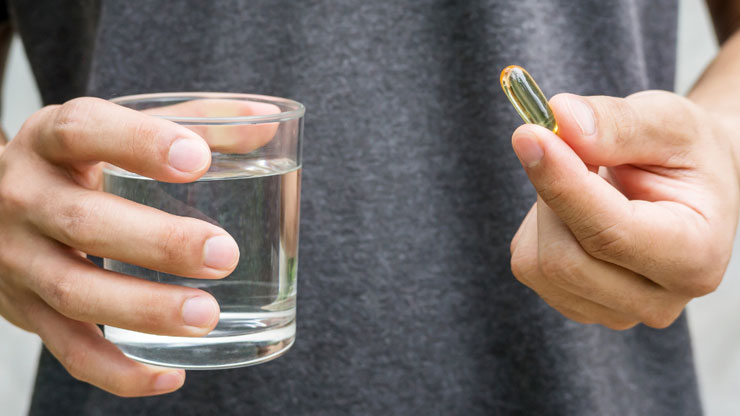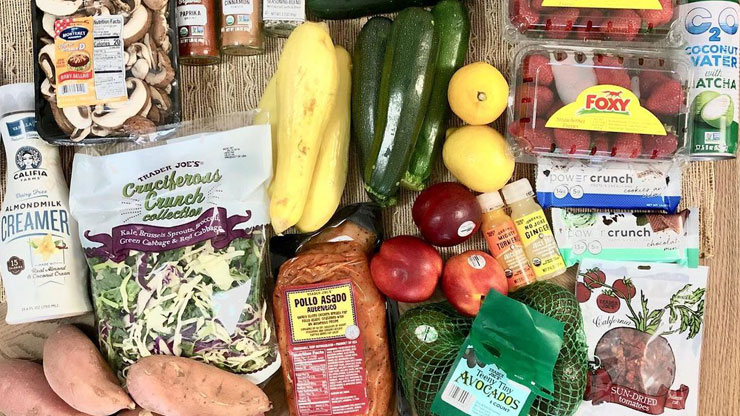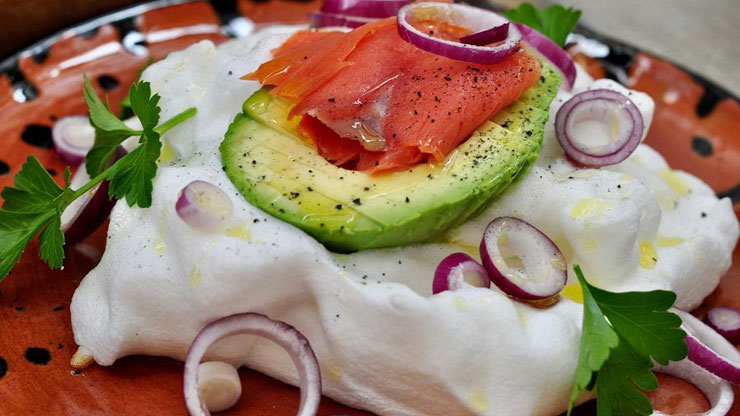Getting the vitamins your body needs from food sources is a smart move. As essential for health as the air you breathe and the water you use to hydrate your body, vitamins help your body stay functional and healthy, and some vitamins even shield you from certain diseases.
Vitamins are not the same as minerals, although they are generally lumped together in the same category. Vitamins are produced by animals or plants—they’re organic by nature and sometimes referred to as ‘essential’ because the body does not make them itself (with the exception of vitamin D), so the only way to get them is to eat them or take them in supplement form.
Water Soluble and Fat Soluble

There are two general types of vitamins, including water-soluble and fat-soluble varieties. The main difference is that water-soluble vitamins are absorbed by the body and then the body expels what it does not need of the vitamin. All of the B vitamins and vitamin C are water-soluble. Fat-soluble vitamins are those vitamins that are stored by the body in the fat tissues and liver. Vitamins A, D, E, and K are fat-soluble vitamins.
Getting Your Vitamins from Food

If you eat a well-rounded diet, you theoretically can get all of the vitamins your body needs simply from nutritional sources. However, if your doctor has said that you are deficient in a particular vitamin, you may be asked to supplement that vitamin. Some top foods for boning up on your body’s vitamin needs:
- Fish. Of the 14 essential vitamins, fish is a good source for nine, including vitamins A, B, B2, B3, B5, B5, B12, D, and E. Trout and tuna are among the most vitamin-rich fish sources.
- Pork. Pick up six of 14 essential vitamins with a serving of pork, including vitamins B, B2, B3, B5, B6, and D. Pork shoulder and loin chops are recommended.
- Eggs. The incredible-edible egg is back again, this time the hero that’s packing four of 14 essential vitamins, including vitamins B2, B5, B12, and D. Try to limit yourself to two per day, as eggs are still heavy on cholesterol.
- Leafy greens. Dark leafy greens contain eight of the 14 essential vitamins, including Vitamins A, B2, B3, B6, C, E, K, and beta-carotene. Some to try - kale and spinach.
- Avocadoes. If you don’t already, then learn to love them because they are a low-carb staple as well as a good source of vitamins B5, B6, B9, and E.
- Mushrooms. Loaded with vitamins B2, B3, B5, and D, mushrooms are a delicious low-calorie, low-carb choice. Think about trying shiitake, cremini, and portobello varieties.
- Nuts. Chock full of vitamins B, B2, B6, and E, nuts are known for their ability to lower cholesterol and are considered a heart-healthy snack in moderation. Walnuts and almonds are good choices.
There you have it. With a little planning and legwork, you can get a heaping helping of vitamins by simply eating good-for-you foods.


